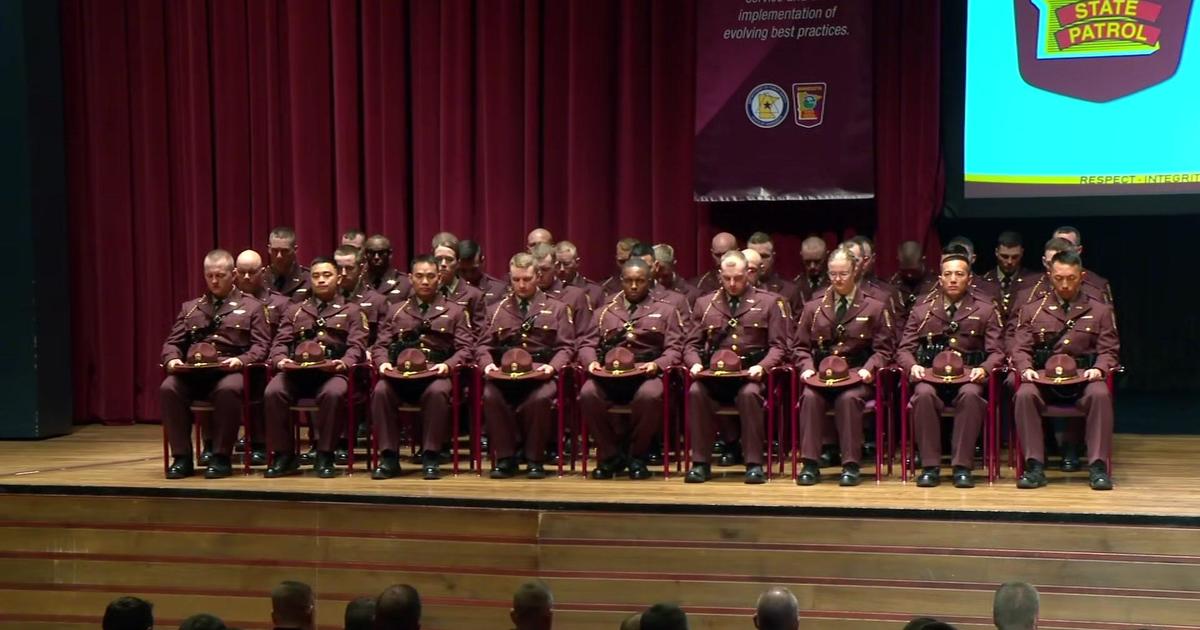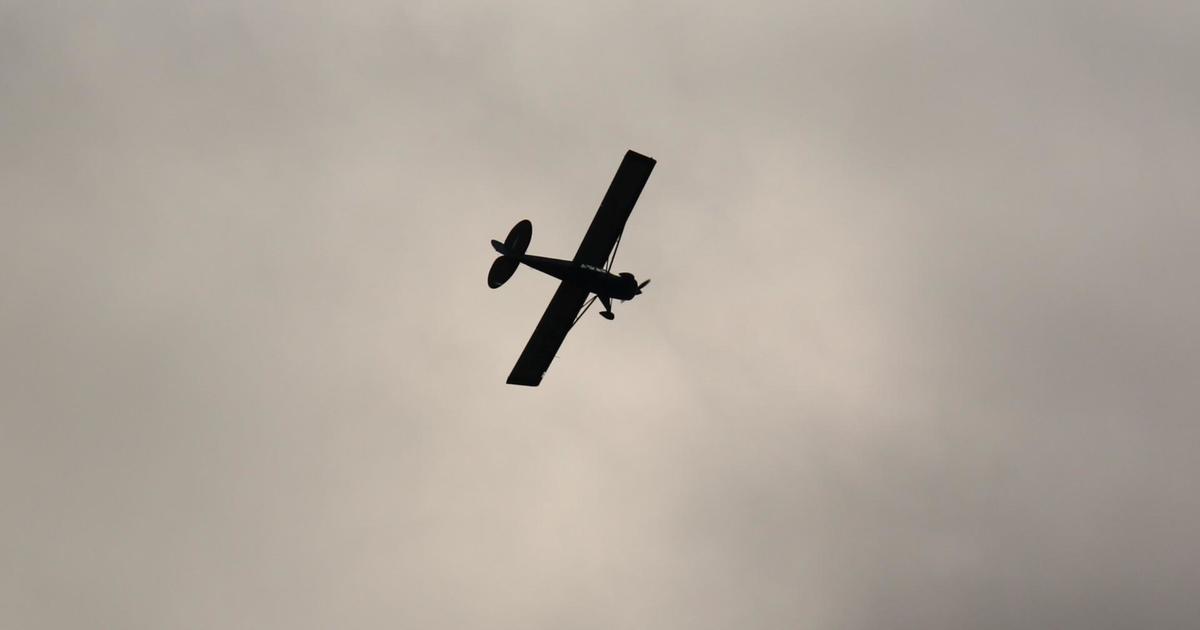Landwehr The Listener: Surviving 1 Of State's Toughest Jobs
MINNEAPOLIS (AP) — People in the far northwest corner of Minnesota had long been upset with the state Department of Natural Resources, and a legal dispute that erupted after the DNR closed some ATV trails that crossed public lands was a last straw.
So one day after Tom Landwehr got the job as DNR commissioner in January 2011, Gov. Mark Dayton ordered him up to Kittson and Roseau counties.
"These people are mad. Fix it," Landwehr said, recalling his marching orders from Dayton, who flew with him.
What happened on that trip became a hallmark of Landwehr's approach as DNR commissioner, a job widely considered one of the toughest in state government. Nearly everything the DNR does affects things that many Minnesotans are passionate about, whether it involves fish and game, state parks and trails, land use, groundwater, or forest and mineral resources.
On that 2011 trip, Landwehr engineered a meeting of the minds that got the trails reopened — and since then has kept a positive relationship between the counties and the state.
"He's brought a lot of common sense to the office," said Joe Bouvette, a Kittson County commissioner who was a harsh critic of the DNR. Under Landwehr, he said, the DNR has been more sympathetic to the county's concerns, including its goal of maintaining its tax base by keeping land in private hands.
The DNR also listens better when it comes to managing elk, balancing the desire of some residents for more hunting opportunities against farmers' concerns about damage to crops if the herd is allowed to grow, Bouvette said.
Landwehr said listening — personally wading into hot spots, letting all sides be heard, giving them at least a chance to vent, "fixing things where they can be fixed, explaining in some cases why they can't" — has been the key to balancing those demands.
Interest group and political leaders typically speak well of Landwehr despite their sometimes sharp conflicts with the DNR over issues ranging from how to revive the state's walleye, deer, duck and pheasant populations to whether to allow copper-nickel mining in northeastern Minnesota.
"He's in the crosshairs of a number of major issues that really affect all Minnesotans and the future of the state, and these issues are just getting more and more complicated. ... I give him a lot of credit for being a balanced and thoughtful person," said Steve Morse, executive director of the Minnesota Environmental Partnership and a former deputy DNR commissioner.
Landwehr's background is in wildlife management. He's an avid hunter, angler and camper. He worked for the DNR for 17 years through 1999, mostly in wetland wildlife conservation programs. He left to work for Ducks Unlimited in Minnesota and Iowa before becoming assistant state director for The Nature Conservancy for Minnesota and the Dakotas.
All those jobs required a lot of time in the field. When Dayton called him to interview for the commissioner's job, he didn't own a suit and had to go out and buy one.
"I wasn't certain I wanted to take the labels off because I didn't know if I was going to need that suit. But then I got a second interview so I figured I had to keep the suit," he said.
"I think he's been an outstanding commissioner," Dayton said. "It's a very challenging position with many different groups who care very deeply about their areas of concern. I jokingly say I think there are more Minnesotans who know who's commissioner of the DNR than know who the governor is."
Listening to people includes listening to the governor, an avid pheasant hunter and angler with strong ideas on outdoors issues.
One such case came this summer with one of the most difficult issues the DNR has handled in recent years: dealing with a walleye decline on Mille Lacs Lake so severe the agency opted to shut the season down.
Despite intense pressure from anglers and some resort owners to stock the lake with walleyes, agency scientists resisted, arguing that it wouldn't help the problem. After Dayton came out in favor of "all-out stocking" anyway, Landwehr's department three weeks later issued a plan calling for a pilot stocking program.
Earlier this month, Dayton said the Mille Lacs walleye season should reopen for ice fishing this winter to help struggling resorts. Landwehr had to publicly explain the next day that the decision won't be so simple — it'll require a population assessment planned for next month, followed by consultations with the Ojibwe Indian bands that have treaty rights to a share of the lake's fish.
Despite appearances, Dayton said their differences were actually "extremely minor." Landwehr said he feels free to give "alternate ideas" to the governor.
"He'll say what he thinks, I'll say, 'OK here's another perspective,'" Landwehr said. "As often as not we end up pretty much on the same page."
Some of the toughest issues on Landwehr's horizon involve the state's first proposed copper-nickel mine. There's little common ground between supporters who say the PolyMet project will create badly needed jobs in northeastern Minnesota and opponents who don't believe the minerals can be mined without harming the environment. The DNR is scheduled to publish the final environmental impact statement in November, then rule in February whether the statement meets the legal criteria for deeming it adequate. If it does, then PolyMet can apply for the DNR and other permits necessary to proceed.
State law says the DNR commissioner makes those kinds of permit decisions, but Dayton said they'll be working closely together.
Landwehr said state law also lays down who's ultimately in charge.
"Environmental policy comes out of the Legislature and the governor," he said.
(© Copyright 2015 The Associated Press. All Rights Reserved. This material may not be published, broadcast, rewritten or redistributed.)



